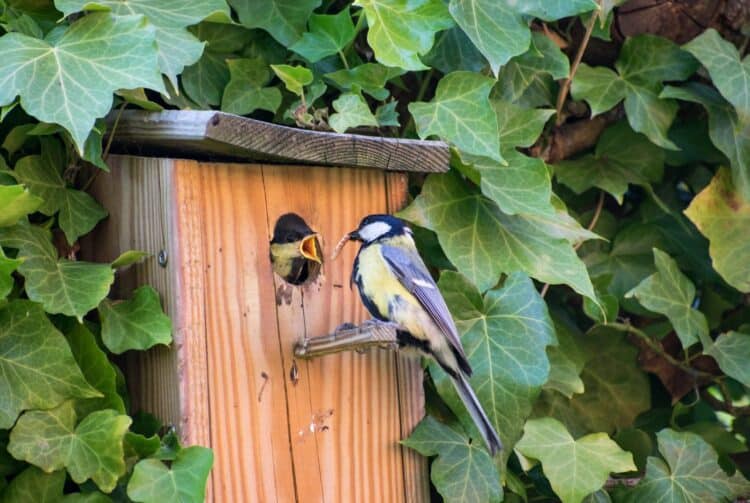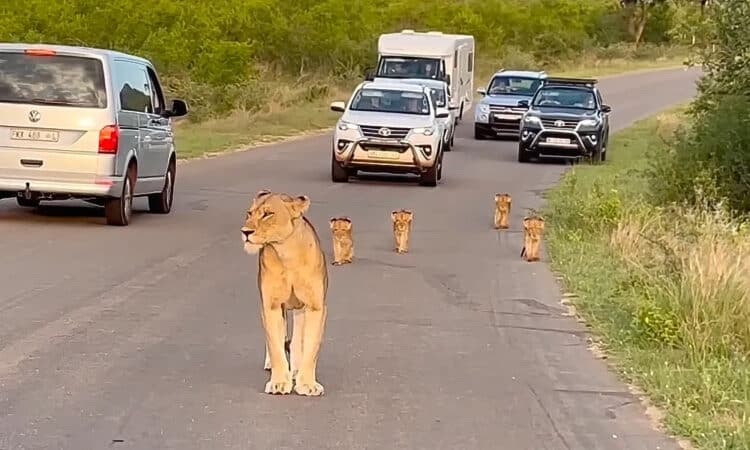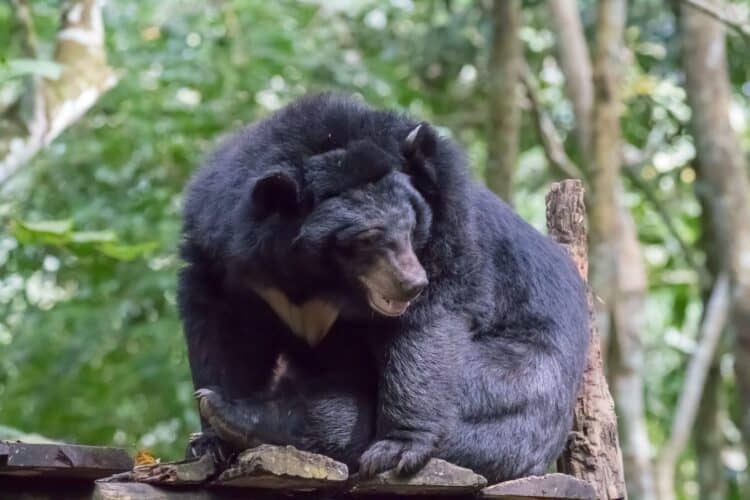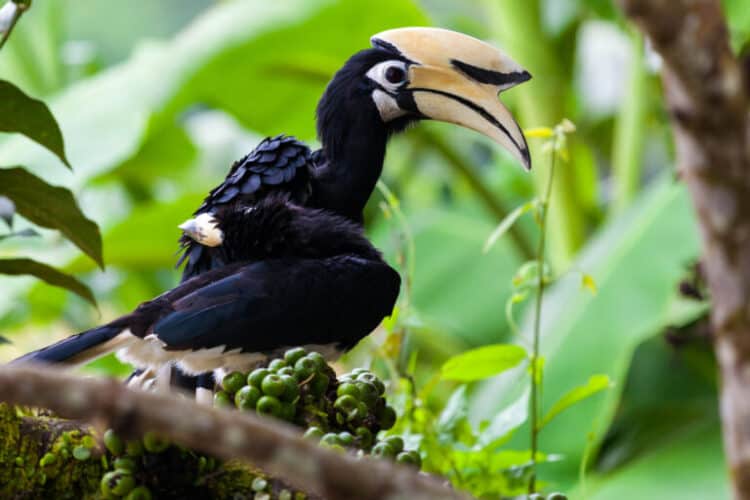When human activity in biodiverse forests is uncontrolled, the survival of plants, animals and other micro-organisms is at risk.
In a bid to secure Zambia’s Chisamba Important Bird and Biodiversity Area (IBA), a safe haven for endangered vultures, BirdWatch Zambia (BirdLife Partner) has educated farm owners, managers and workers who operate within the IBA on why it is important to protect natural habitats from man-made threats.
The Chisamba IBA in Zambia covers an area of 55,000 hectares and more than 72% of it falls within private farms. Activities like cattle ranching, game farming, dairy farming and crocodile farming attract hundreds of vultures to the farms, where the birds benefit from large trees that offer suitable perching, roosting and breeding sites. The large privately owned commercial farms also offer a safe haven for vultures that are attracted by the waste from meat processing, and the harvesting of crocodiles.

Much of the Chisamba IBA land falls within local and national forests and serves as home to Zambia’s only true endemic bird species, the Zambian Barbet Lybius chaplini. However, encroachment by human settlement, fuelwood and charcoal production are threats to conservation efforts in the area.
BirdWatch Zambia is working to secure 4,000 hectares of the Chisamba IBA for the benefit of vultures and natural ecosystems in general. They have engaged in dialogue with private farm owners in Chisamba to create a Vulture Safe Zone (VSZ) in the properties within the IBA. The initiative recognizes the movement of vultures from one farm to another depending on the feeding opportunity.
An education and awareness campaign around the area has also targeted school children and their parents who either own, manage or work in farms in the area. The campaign and dialogue seek to change local perceptions about vultures and also influence farm management practices.
“They [vultures] are ugly birds that spoil good meat,” said Chanda, a Chisamba secondary school child residing in a cattle ranch within the zone before attending the campaign.
After learning about the environmental importance of vultures through the project, Chanda now describes vultures as “lifesaving birds”.
Through this project, BirdWatch Zambia has established and sustained strong relationships with private land owners to facilitate consistent research on vultures and several other bird species within the area.
BirdWatch Zambia will hold a survey in 2017 to establish the population of vultures in the Chisamba IBA and perform mapping and geo-referencing of breeding sites. Tagging to improve an understanding of vulture movements is also on schedule.
Chisamba is Zambia’s closest IBA to the main city Lusaka, which is about 97km away. This proximity has made it easy for BirdWatch Zambia staff based in the city to monitor and tour the various farms.
This article was first published by BirdLife International on 27 Jan 2017.
:max_bytes(150000):strip_icc():focal(745x369:747x371):format(webp)/elephant-safari-040324-863d6bed42bd42d5806a5aaca53d517e.jpg)





Leave a Reply